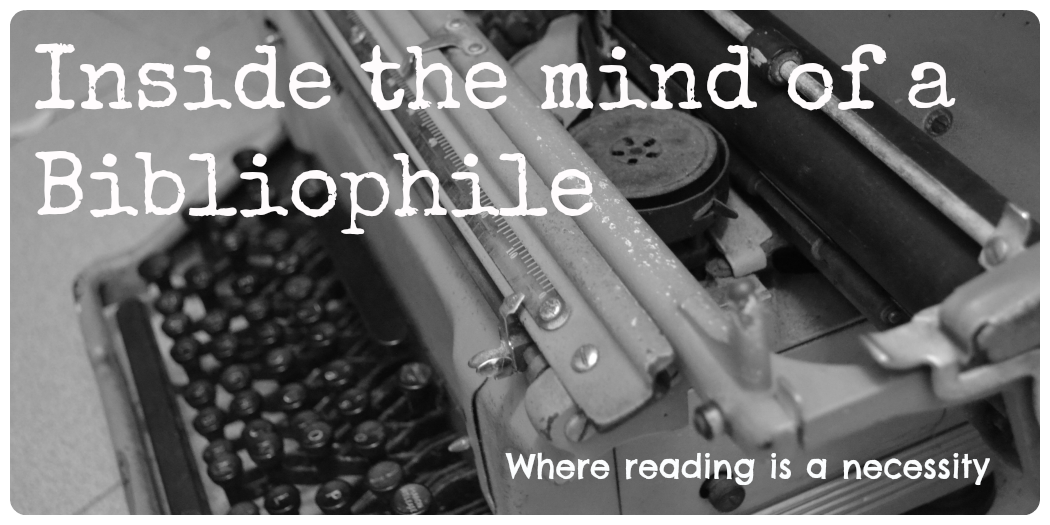I got 2 more books recently, one of them a complete surprise, since I didn't expect my Dad to buy it for me. It's a book that he (jokingly) said that would be hard to find in Singapore, since it criticises MM Lee. The title? Confucius Confounded: The Analects of Lee Kuan Yew by Francis T Seow.
The book is written from a Singaporean in 'self-imposed exile'. That already says that "I'm not brave enough to stay in Singapore in case something bad (like a lawsuit) happens)". To me, that already implies that the content won't be objective, but will most likely attack on personal grounds (or in any case, enough for a libel suit).
Even before reading the actual text, just reading the preface and the foreword was enough to make me want to throw the book. And it's not because of what Dr Mahathir Mohamad says, because it was quite interesting. Rather, it was what the longer foreword and preface that made me angry because of:
a. The tone. I really think that a political book should at least attempt to have a semblance of objectivity in it's tone (and you can tell here how angry I am). The use of sarcasm like "What's this? A book damning Lee Kuan Yew out of his own mouth?" and "The First Deputy Prime Minister, Goh Chok Tong, with bated breath and whispering humbleness.....". While I am all in favour of using adjectives to make a book more interesting, the use of sarcasm, to me, makes any political opinion less worthy of acceptance.
b. The inbuilt bias. While every author is going to have an inbuilt bias (which itself is necessary to filter out the irrelevant information), associating phrases with Hitler is obviously trying to (not-so) subtly influence someone's stand. While I'm not a PAP member/supporter, I do resent having people trying to unconsciously mould my opinion. Maybe my first sentence was already wrong, I suppose that I meant that I do not like the attempt at manipulating my thoughts.
The book itself is a collection of what MM Lee has said over the years, and makes for a really interesting read. While the author attempts to show that by changing his position on certain issues over the years, he has 'damned himself', I think that it's only natural to change your opinion after time, especially if you've gone through different experiences. If you don't change your mind in the face of new evidence, it's even more dangerous.
One small quibble I have with the book is that several quotes are repeated, which is rather annoying. Another thing would be how the headings are obviously written to influence you, which I really really can't stand. Other than that, the lack of context (while some context is given, some of the facts have opinions in them, which diminishes my perception of their reliability), makes me wonder if what is said truly is what is meant, but I know that to include all his speeches and interviews from beginning to end would take too long and would make the book several volumes.
While I do not agree with everything (actually, quite a lot) of what MM Lee said, I do respect him for having the courage to say them. Ironically, this book actually increased the respect I have for him, which means the book backfired in it's purpose. I suppose that since I wasn't affected (or rather, affected in the opposite way) of the author's intention, what he wanted me to see was different from what I saw. Which leads to the oh so, ToK question: Which viewpoint is the truth?
Monday, March 21, 2011
Subscribe to:
Post Comments
(
Atom
)

No comments :
Post a Comment
I really do appreciate all comments, and I'll try my best to reply within 24 hours!
^_^